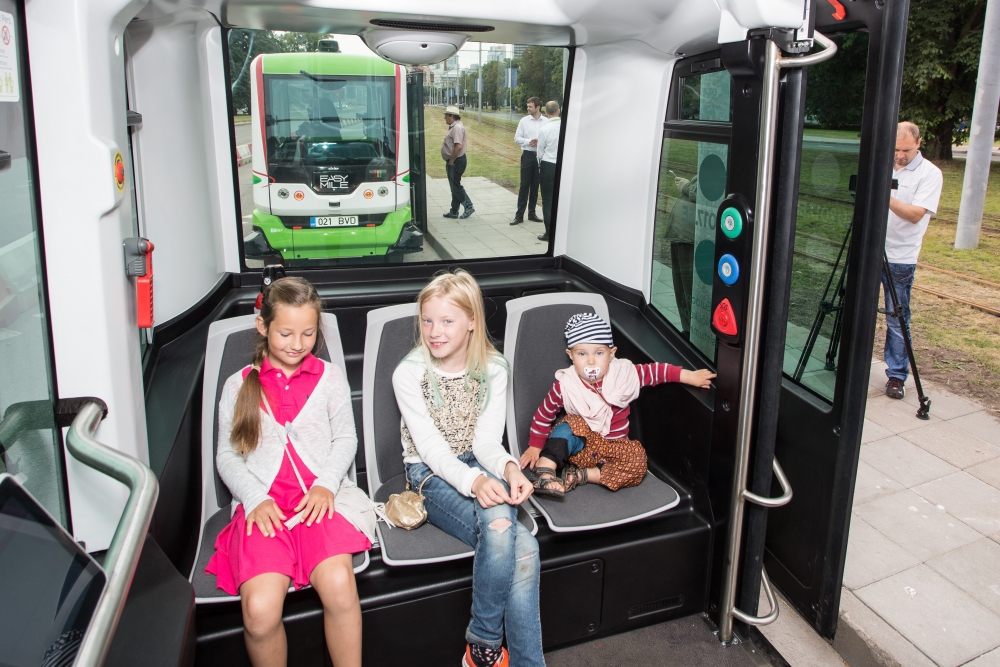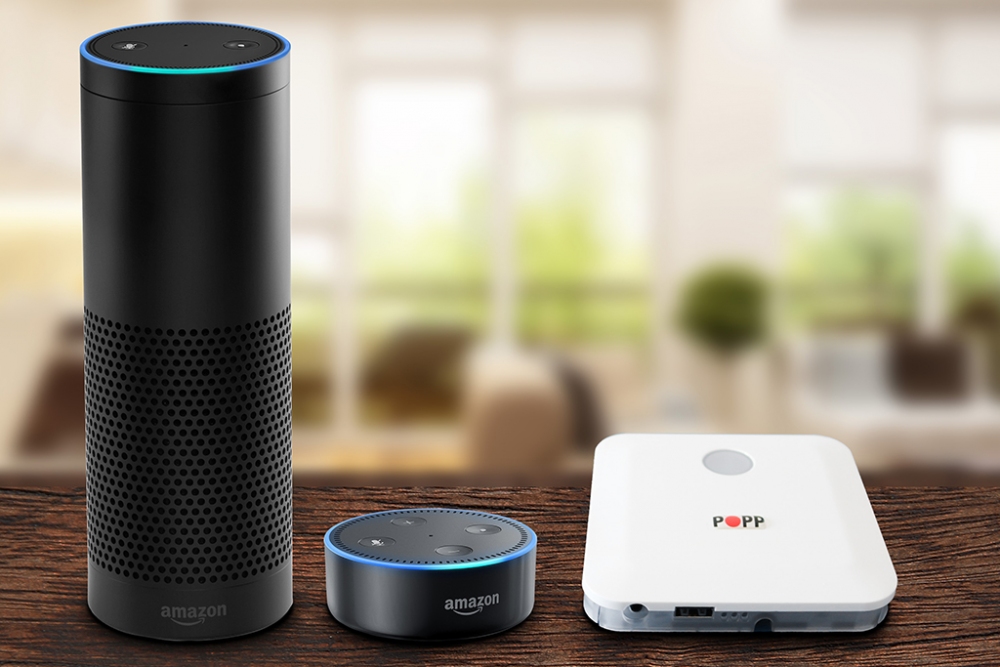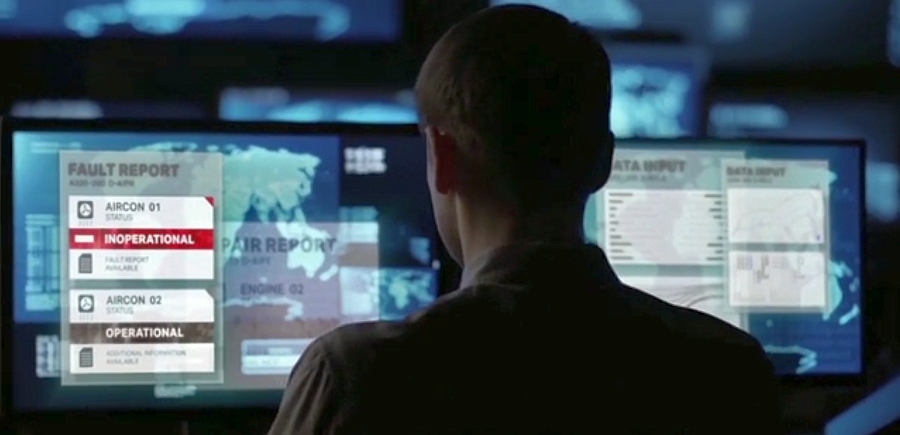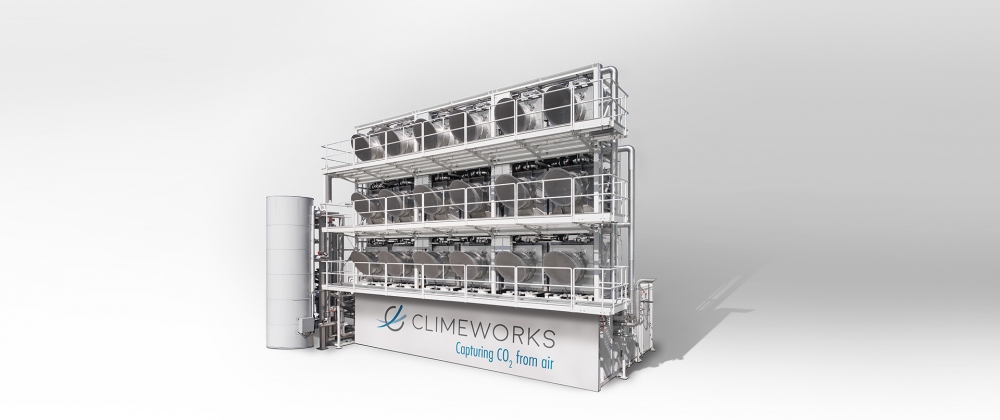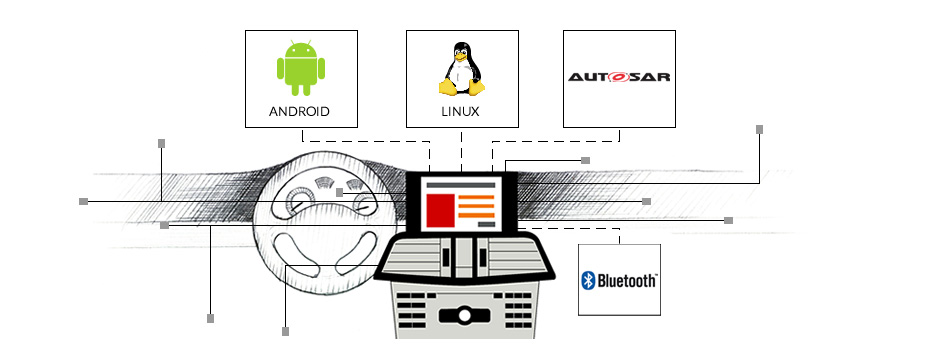Innovation
How to innovate, make things better - read news and articles about it here (soon).
Self-driving bus line opened in Tallinn
On the end of July, a pilot project launched driverless buses in Tallinn, servicing the route between Mere Avenue (Mere puiestee) and the Tallinn Creative Hub (Kultuurikatel) six days a week. The shuttles are being introduced as part of the Estonian Presidency of the Council of the EU, which considers the development of technology and its impact on society a priority area. The buses will be in service until the end of August.
POPP integrates Amazon Echo in its smart home control and improves user interface
Z-Wave Europe, the leading European Value Added Distributor for Z-Wave based wireless home automation, informs about user interface improvements by the smart home supplier POPP.
Aviatar: Lufthansa Develops Digital Twin
How many aircrafts are currently in the air? Where is repair required? Users of the AVIATAR platform from Lufthansa Technik have their eye on all of the data regarding their fleet.
Having an overview saves money. When an airline wants to make optimal use of its fleet, it needs innumerable facts. In particular, facts to do with maintenance, repair and overhaul (MRO). How many aircraft are currently undergoing maintenance? Which ones had to land due to an unplanned repair? How long does it take to obtain a replacement aircraft?
Climeworks launches world’s first commercial plant to capture CO2 from air
Climeworks has launched the world’s first commercial plant that captures atmospheric CO2 for supply and sale to a customer. The Swiss direct air capture company launched the commercial-scale Direct Air Capture (DAC) plant, featuring its patented technology that filters carbon dioxide from ambient air. The plant is now supplying 900 tonnes of CO2 annually to a nearby greenhouse to help grow vegetables. The plant is a historic step for negative emissions technology – earmarked by the Paris climate agreement as being vital in the quest to limit a global temperature rise of 2 °C.
Pencil, Paper, Clay... and 3D glasses
Cutting-edge technology and the creativity of a team of 200 designers come together in the design process of a new car. Three-dimensional rendering systems convert the designer’s sketch into a virtual vehicle. However, the hands of a skilled sculptor are still needed to turn an idea into a reality for the first time. These are the steps:
OpenSynergy paves way for next-generation autonomous devices with virtualization for ARM’s most advanced real-time processor
To address increasing software complexity in devices such as autonomous vehicles and industrial control systems, this approach allows for the isolation of safety-critical functions from those that require less stringent control. In addition, it enables the consolidation of applications onto fewer electronic control units (ECUs) to both manage complexity and reduce cost.
